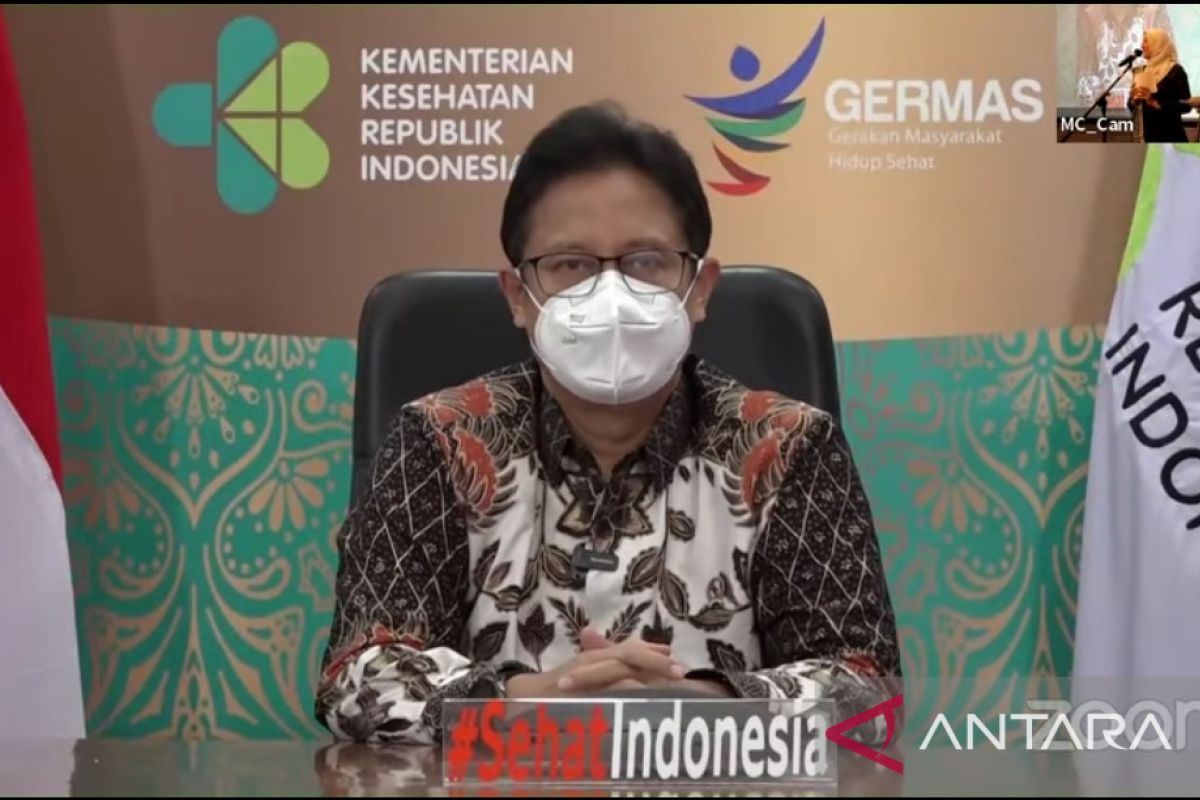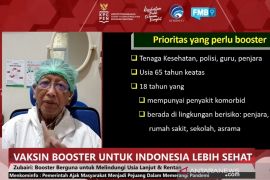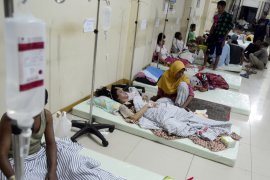"IBI must continue to improve the professional quality, learning, and collaboration to produce a competent health workforce, especially midwives, who carry out their roles as care service providers, decision makers, communication liaisons, and managers," Sadikin stated during his welcome speech for the 71st IDI Anniversary in Jakarta, Friday.
The minister remarked that the COVID-19 pandemic, which had not yet ended, had an impact on maternal and child health services. Unfortunately, this was only one of the several current challenges in the health sector.
Sadikin noted that the midwife profession has played a role in improving access and quality of maternal and child health services, family planning (KB), and reproductive health, as well as participating in the 2022 World Immunization Week.
The minister noted that the government had continually striven to reduce maternal, infant, and under-five mortality rates, lower the number of cases of stunting and malnutrition, as well as increase immunization coverage through a life cycle approach by boosting access and quality of health services.
"Together with professional organizations and related stakeholders, the government has an obligation to prepare and provide competent health human resources complying with the provisions," Sadikin remarked.
The minister affirmed that midwives, as health workers at the forefront of maternal and child services, must understand the concept and proper implementation of pregnancy, postpartum mothers, newborn, toddlers, women's reproductive and family planning services.
Meanwhile, IBI General Chairwoman Dr Emi Nurjasmi stated that the number of midwives in Indonesia reached around 500 thousand. This figure was still in the verification process through data integration from several related professional organizations.
As many as 70-75 percent of the midwives are spread in the community, especially in various primary services and their networks to facilitate access to services for the community, Nurjasmi expounded.
The equal distribution of midwives encourages people to rely on their services in accessing maternal, infant, and toddler health services as well as the Family Planning (KB) Program.
"Data from the results of basic health research in 2018 showed that almost 82.4 percent of the services for pregnant women were provided by midwives, both in primary and referral facilities. Meanwhile, some 62.3 percent of the deliveries were assisted by midwives," she remarked.
These provisions include a Professional Registration Certificate (STR) and a practice permit to ensure that both the patients and midwives are protected on the basis of stipulated conditions.
In the family planning service sector, Nurjasmi stated that 76.4 percent of the families were served by midwives since the tariff was more affordable, and they were close to the community.
"The 2019 Midwifery Law regulates the existence of the midwife profession that is strictly regulated as the main reference for the midwife profession. This included changes and developments that will be conducted according to the applicable regulations," she stated.
Related news: Midwives urges to help reduce unmet need: BKKBN
Related news: BKKBN head accentuates critical role of midwives in stunting handling
Related news: House lauds midwives' dedication to strengthening health system
Translator: Andi Firdaus, Resinta S
Editor: Sri Haryati
Copyright © ANTARA 2022











